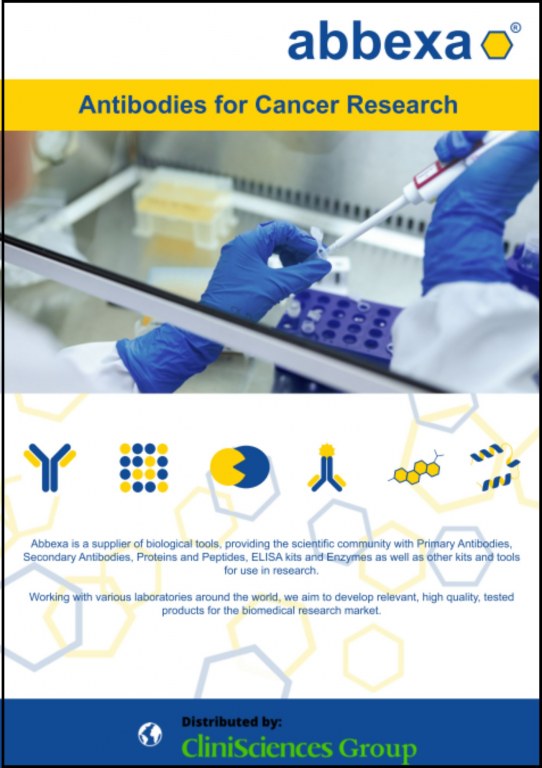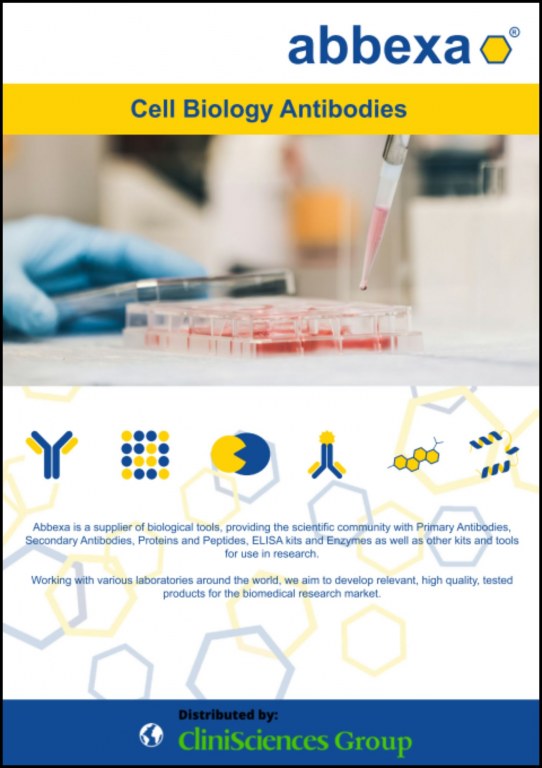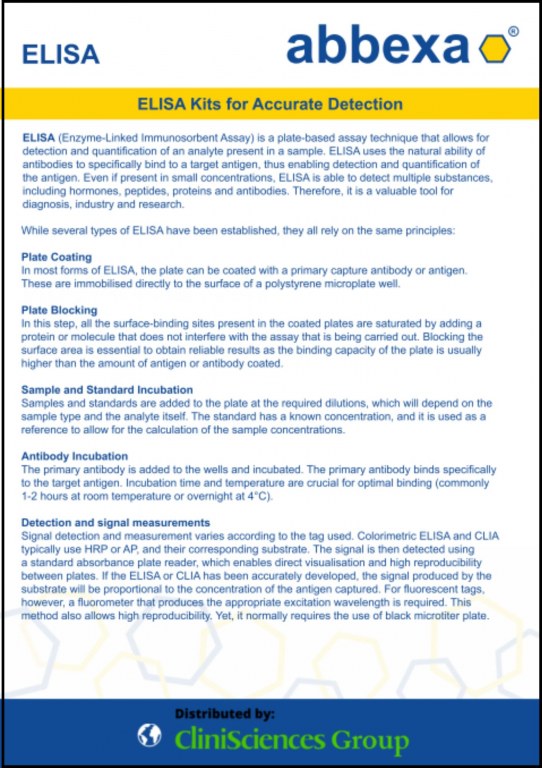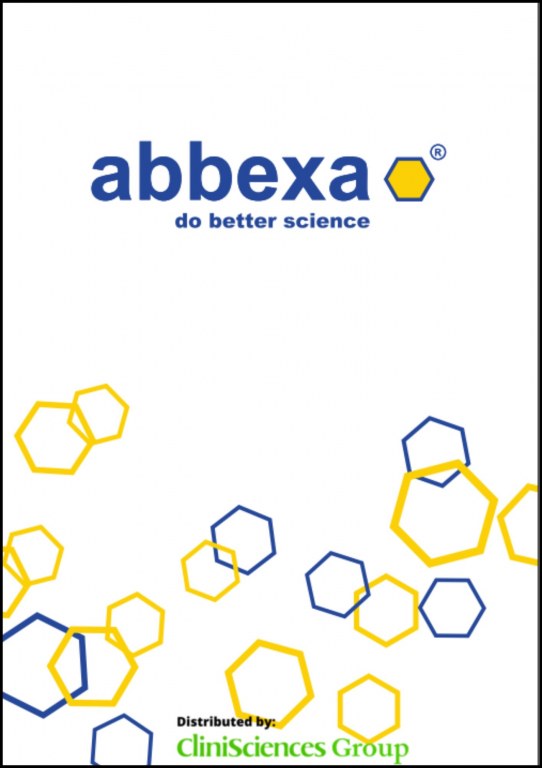Abbexa
 |
||||||||||||||||||||||||||||||
Abbexa is a dedicated worldwide supplier of biological tools for the life science, pharmaceutical and biotechnology research and development sectors. Abbexa provides the scientific community with primary antibodies, secondary antibodies, proteins, ELISA kits and enzymes as well as other kits and tools designed for use in research. Abbexa also offers custom protein, peptide and antibody production services to meet customer requirements. Abbexa is committed to providing scientists and researchers with the best customer experience and high-quality products. Abbexa’s mission is to offer unrivalled expertise and outstanding quality laboratory consumable products, striving to consistently improve. Please do get in touch with any comments regarding the website, service, products, or anything else.
Learn more :
Website : www.abbexa.com
| ||||||||||||||||||||||||||||||

Chromatography products







